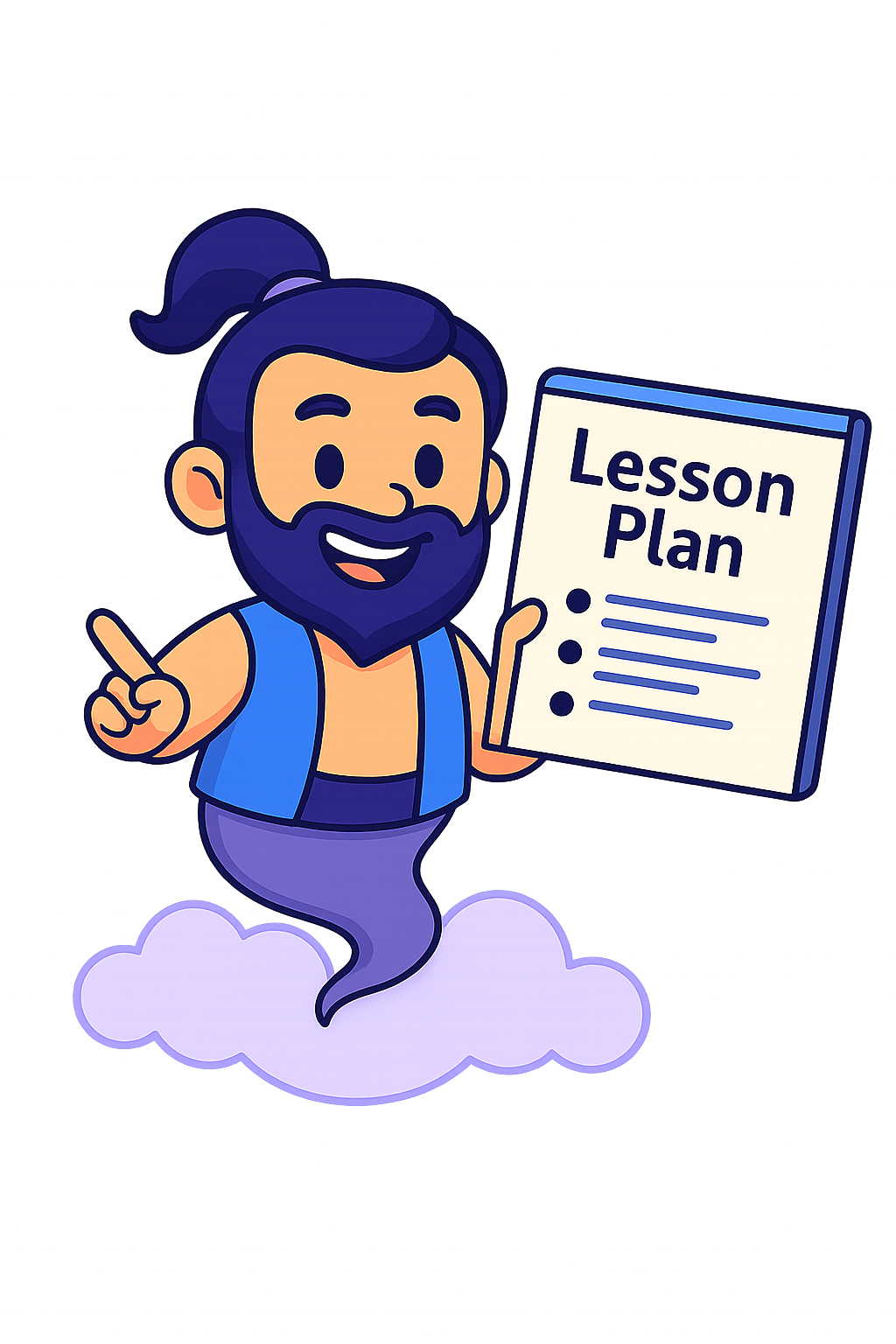 Writing Informative Texts with Clear Details
Writing Informative Texts with Clear Details
Objective: Students will learn to write informative texts that clearly introduce a topic, develop it with facts and definitions, and provide a concluding statement.
Learning Objectives
- Understand the purpose of informative writing.
- Identify the parts of an informative paragraph: topic sentence, supporting details, and conclusion.
- Write a short informative paragraph on a chosen topic with clear facts and a conclusion.
Materials Needed
- Notebook or writing paper
- Pencil
- Example informative paragraph (teacher-prepared)
- List of simple topics (e.g., animals, seasons, hobbies)
Key Vocabulary
- Informative Text
- A type of writing that gives facts and information about a topic to help the reader learn.
- Topic Sentence
- A sentence that tells what the paragraph is about.
- Details
- Facts or information that explain or support the main idea.
- Concluding Sentence
- A sentence that wraps up the paragraph and gives a final thought.
Detailed Activities
Introduction to Informative Writing
- Explain what informative writing is and why we use it.
- Read a simple example paragraph together, identifying the topic sentence, details, and concluding sentence.
- Discuss how each part helps the reader understand the topic.
Brainstorming Facts
- Choose a simple topic from the list provided.
- Help the student think of 3-4 facts or details about the topic.
- Write the facts down together to organize ideas.
Writing the Informative Paragraph
- Guide the student to write a topic sentence that introduces the chosen topic.
- Help the student write sentences using the facts as supporting details.
- Assist in writing a concluding sentence that summarizes the paragraph.
- Review the paragraph together for clarity and completeness.
Parent & Instructor Notes
- Encourage your child to speak about their chosen topic before writing to build confidence.
- Use simple questions like ‘What is it?’, ‘What can you tell me about it?’, and ‘How does it end?’ to help your child generate ideas.
- Be patient and provide lots of positive feedback to keep your child motivated.
Assessment Questions
- Can your child identify the topic sentence in an example paragraph?
- Can your child list at least three facts about their chosen topic?
- Can your child write a paragraph that includes a clear introduction, supporting facts, and a conclusion?
Extension Ideas
- Have your child draw a picture related to their informative paragraph and label it with facts.
- Encourage your child to write an informative paragraph about a new topic each week.
- Read simple informational books together and discuss their structure.
Frequently Asked Questions
Try helping your child by asking guiding questions about the topic, or by using picture books or videos to gather information together.
Allow your child to pick topics they really like, use colorful paper or markers, and celebrate their efforts with praise and display their work.
Teacher’s Guide
Common Misconceptions:
- Students may confuse informative writing with storytelling and include opinions instead of facts.
- Students might write lists of facts without connecting them in sentences.
- Some students may forget to include a concluding sentence.
Scaffolding Ideas:
For Struggling Students:
- Provide sentence starters for the topic sentence and conclusion.
- Use graphic organizers to help organize facts before writing.
- Allow verbal explanations before writing.
For Advanced Students:
- Encourage adding more detailed facts or definitions.
- Introduce linking words (such as ‘for example’, ‘also’) to improve flow.
- Challenge them to write multiple paragraphs on a topic.
Pacing Recommendations:
- Spend the first 10 minutes introducing and discussing the parts of informative writing.
- Use 15 minutes for brainstorming and organizing facts together.
- Reserve the last 20 minutes for writing and reviewing the paragraph.
Standards
- 6.W.1c — Write informative/explanatory texts to examine a topic and convey ideas clearly through facts, definitions, and details.
Printable Worksheet
Plan Your Own Lesson
Looking for a custom lesson plan? Try our Lesson Planning Generator — create standards-based plans for any topic, instantly!
Common Core Aligned Lesson Plans
Looking for another common core lesson? See all of the lesson plans here.
More Free Lesson Plans
We’re adding more every week! Check back soon or explore all our lesson plans here.

 Writing Informative Texts with Clear Details
Writing Informative Texts with Clear Details
Leave a Reply